There Are Olympics For Valets
9:00 am in Daily Bulletin
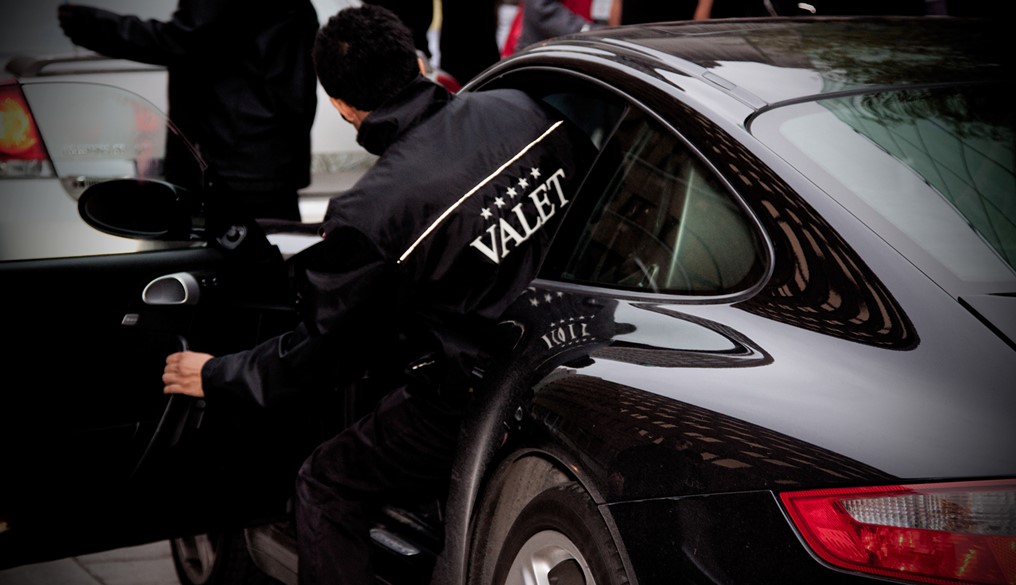
Geoff Manaugh wrote about car parking athletes:
- At the National Valet Olympics athletes sort through jumbles of keys to find the one for their vehicle, sprint across parking lots, pack luggage, and, of course, park cars.
- The equipment is intentionally imperfect. Luggage carts have broken wheels. Garages slope.
- It’s not always about speed. In one event valets “race” each other but aren’t allowed to exceed 10 miles (16 km) per hour.
- Companies send teams. Some will hold internal mini-Olympics to determine who to send.
- Men and women compete against each other. In 2015 Katie Richards of AmeriPark was the first woman to win the top title.
- For valets that often drive cars that cost more than their entire apartment the games provide a sense of recognition and achievement.
- There are several ideas to improve the games. Some suggest a social element with impatient rich customers yelling at the valets to perform faster.
- Others suggest an event where valets are challenged to fit as many cars as possible in a single space without scratching any vehicle.
- Plans for a winter Olympics have been mooted so that valets skilled in walking across icy asphalt can demonstrate their talents.
Read much more on The Atlantic.
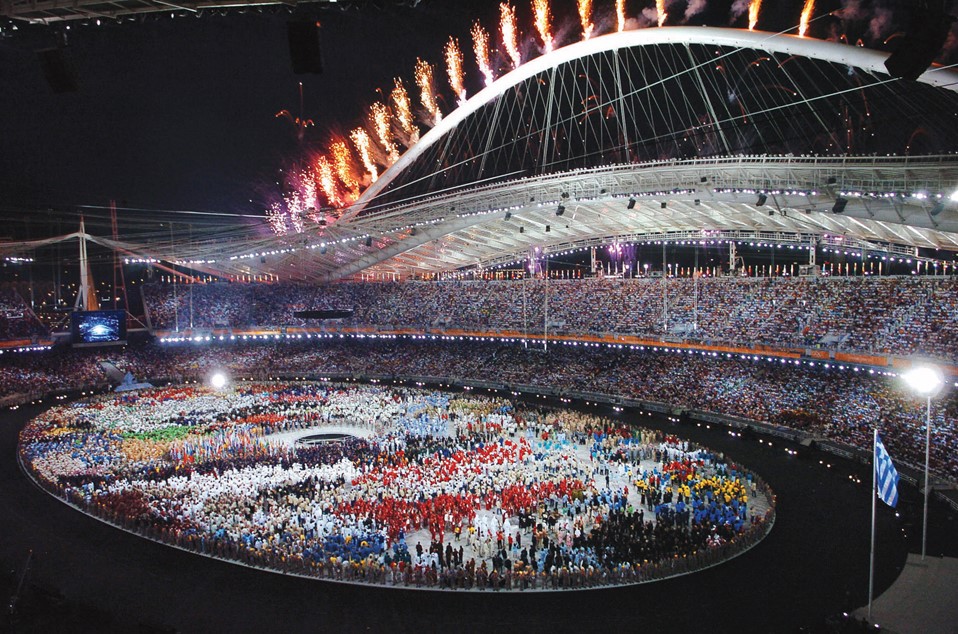
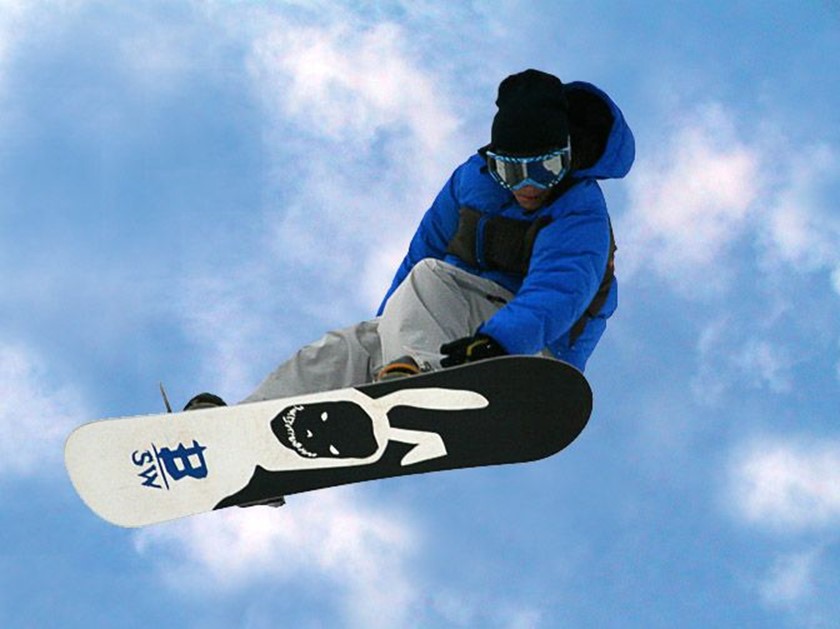
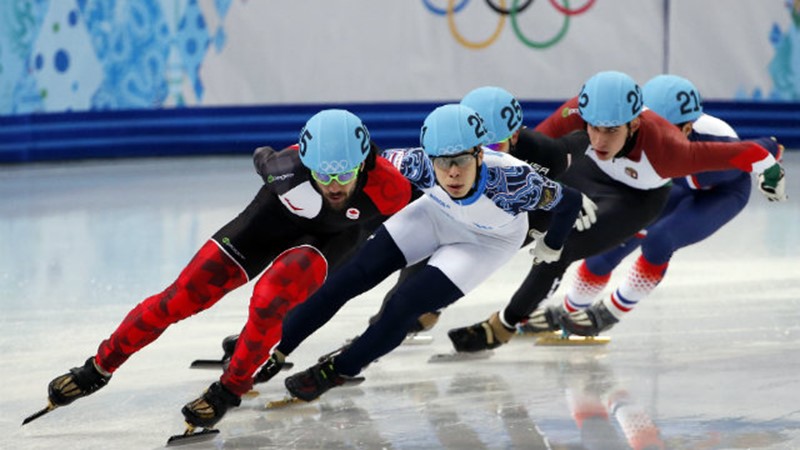

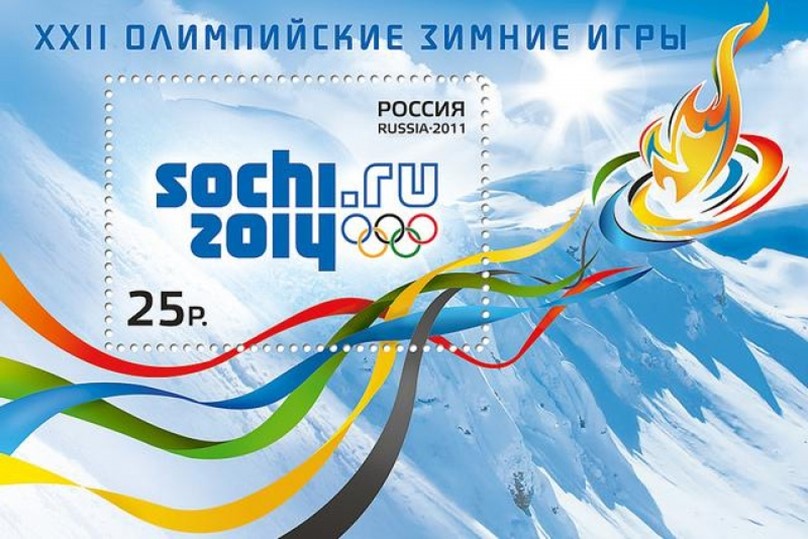
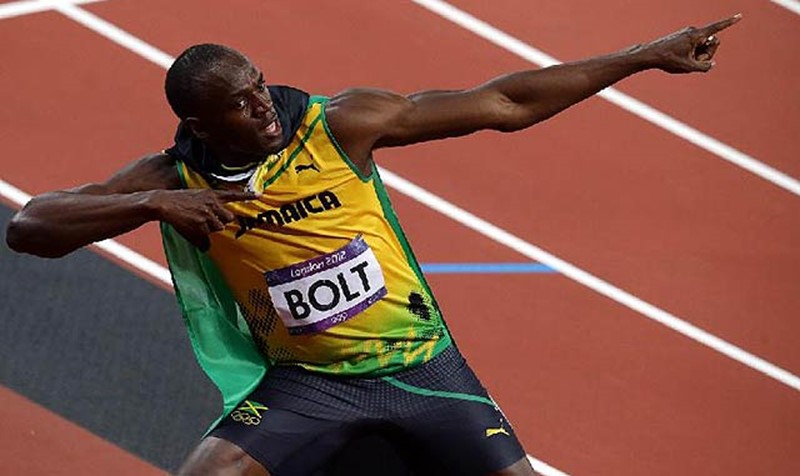

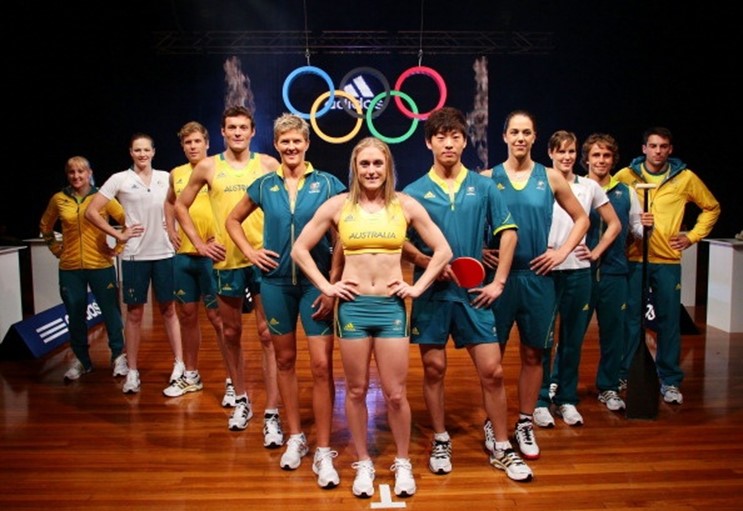
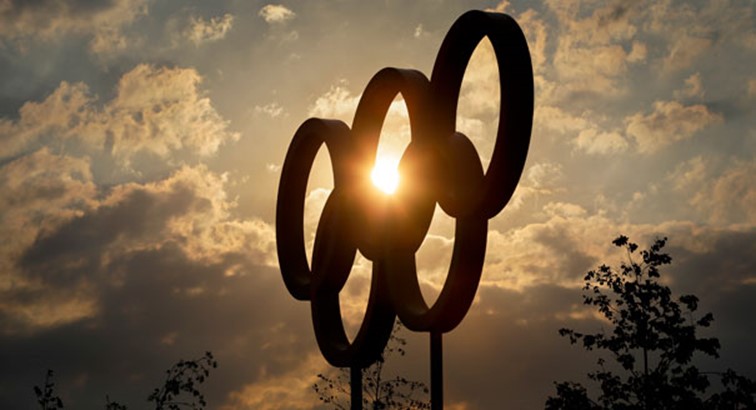
Join the Discussion! (No Signup Required)